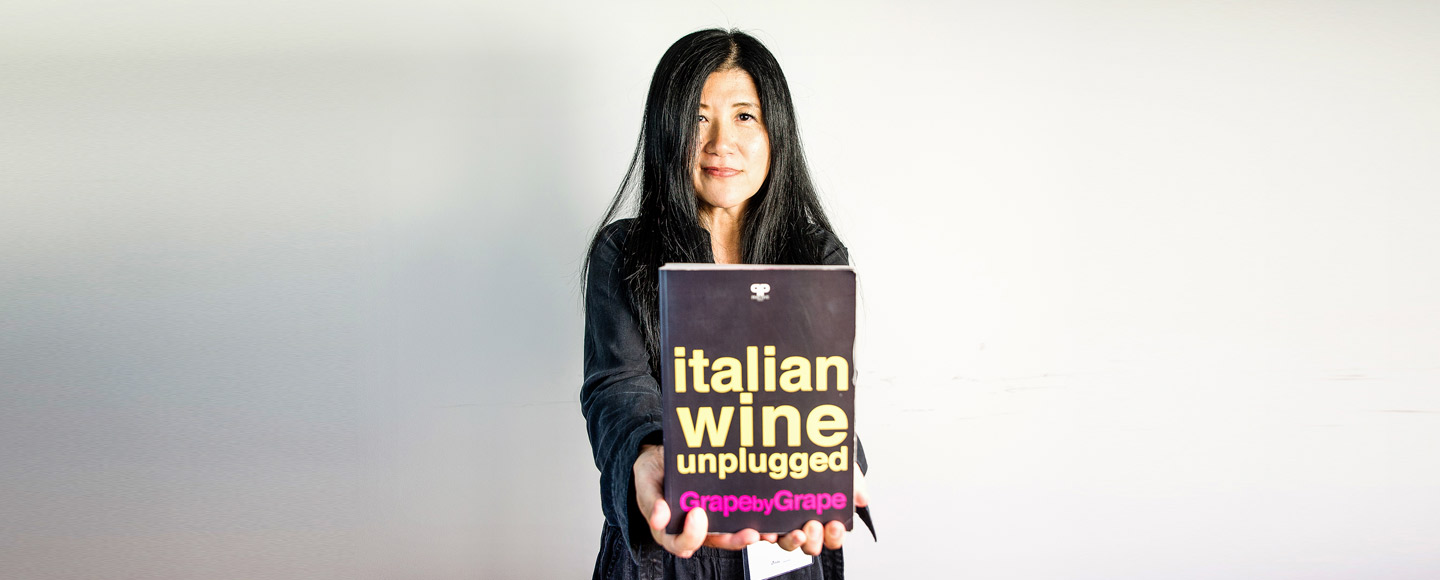
Stevie Kim: the digital transformation of the wine company
1 September 2020An interview with Stevie Kim, Managing Director of Vinitaly International and member of the Executive Committee of the Global MBA in Food and Wine of BBS, to understand what the new challenges of the wine sector are after the pandemic.
Born in Korea and raised in the United States, Stevie Kim obtained a Bachelor of Science degree from New York University – Leonard N. Intern School of Business, before moving to Italy where she received her MBA from SDA Bocconi. In 2008, she obtained a postgraduate specialization in Wealth Management at the University of Pennsylvania, The Wharton School. In 2012 she joined Vinitaly International as Managing Director.
“In Asian culture, the word ‘crisis’ is made up of two characters: danger and opportunity. So in the new situation post-pandemic we are living, my main message is that for the wine companies is absolutely essential to innovate: only the companies able to innovate could create new opportunities, while the ones who are not able to innovate will have major problems and some of them maybe will not even last. This crisis could be longer than we think.
Food companies are little more advanced, but the wine companies will have seriously to think about their models: the majority wine companies continue to promote the wine in the same ways of many years, which is basically wine tasting and presentations, more focusing on the technical side and directed to specialists like trades or wine journalists.
This is what happened in the past 100 years and they’ve been doing this all the time, but with internet the situation has been changed. It is very important for them to integrate all the elements, because wine is a kind of interpersonal sector, with networking and tasting; there is still strong physical imprinting.
But now, more than ever, wine companies have to focused on digital communication and it’s important for them to communicate directly with the consumers: this will be the future of the industry of this sector. In the American market, the direct consumer is already a significant part of the entire sales about shipping from vinery to consumers, while this is a very small portion of the European market. This kind of business model is under attack when you take out the physical element, just like wine tasting or presentation, or consumers come directly to wine boutiques or vineries.
If you take this physical element away, what do you have left? First at all, wine companies must be focused on direct to consumers: this is an opportunity to build their platforms; I don’t mind e-commerce platform, that it’s fine, but they have seriously to think to build their CRM. A concrete example: on behalf of Verona Fiere, we also run wine competitions. It means that we have judges who taste the same wines to give an evaluation, but now it’s necessary to think about alternative available solutions. So, what we did was sending the wine directly to the judges, a complete disruptive solution, but necessary to innovate the processes in order to create hybrid solutions.
What about after Covid? Maybe there will be something else. Italian wine companies depending on the American market and now there are a lot of restrictions for travel and delivery services. So it is necessary to promote digitally, even considering the internal market, in order to engage the market, doing direct collaborations with costumers to find alternative solutions and creating different platforms. At the same time, it is important to diversify the portfolio for wine promotion and education, identifying who are the competitors. Traditionally, Italian wine companies were competing with other alternative beverages, and not only with French or Spanish wines: in the past with beer and cocktails, and now with products like cans of white Seltzer, so other sectors of beverages. For this reason, they need to expand their horizons.
So, in this phase it is necessary for wine companies to develop digital transformation of their business by creating hybrid solutions, and as well develop direct consumer channels to engage their markets”.
